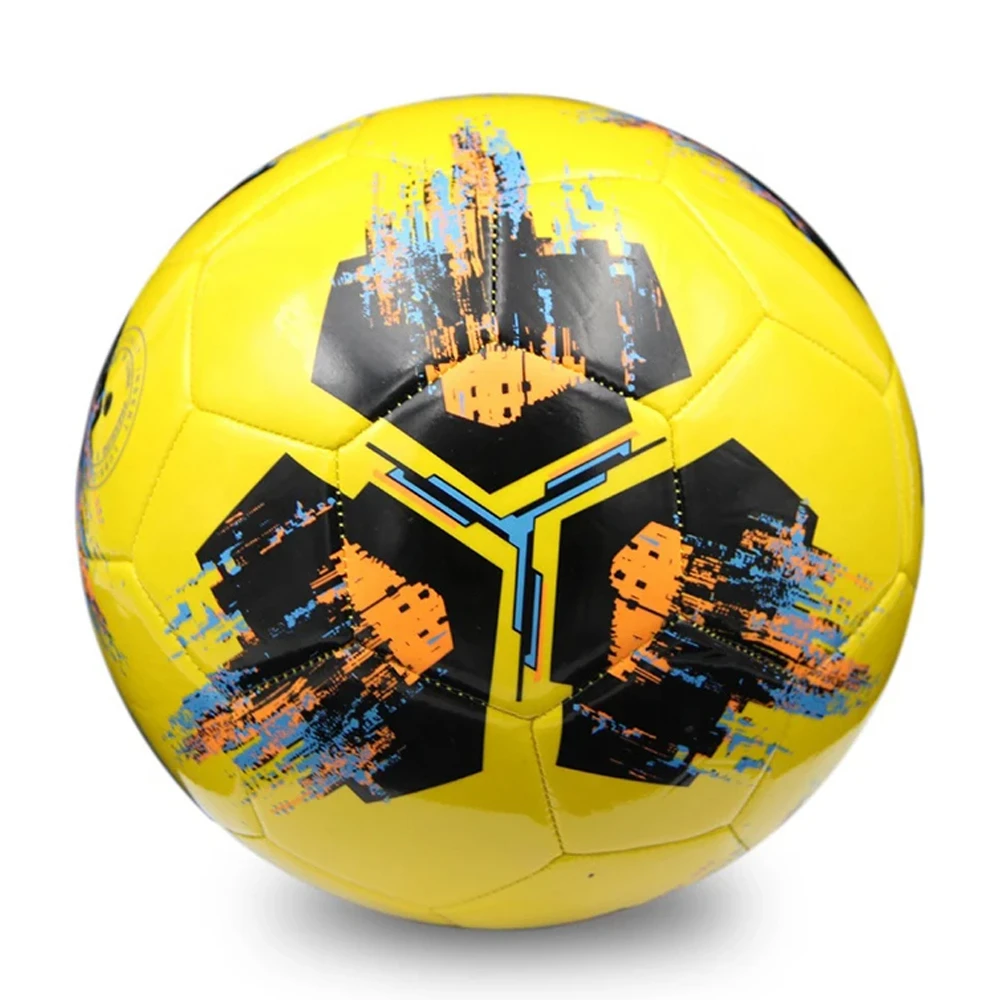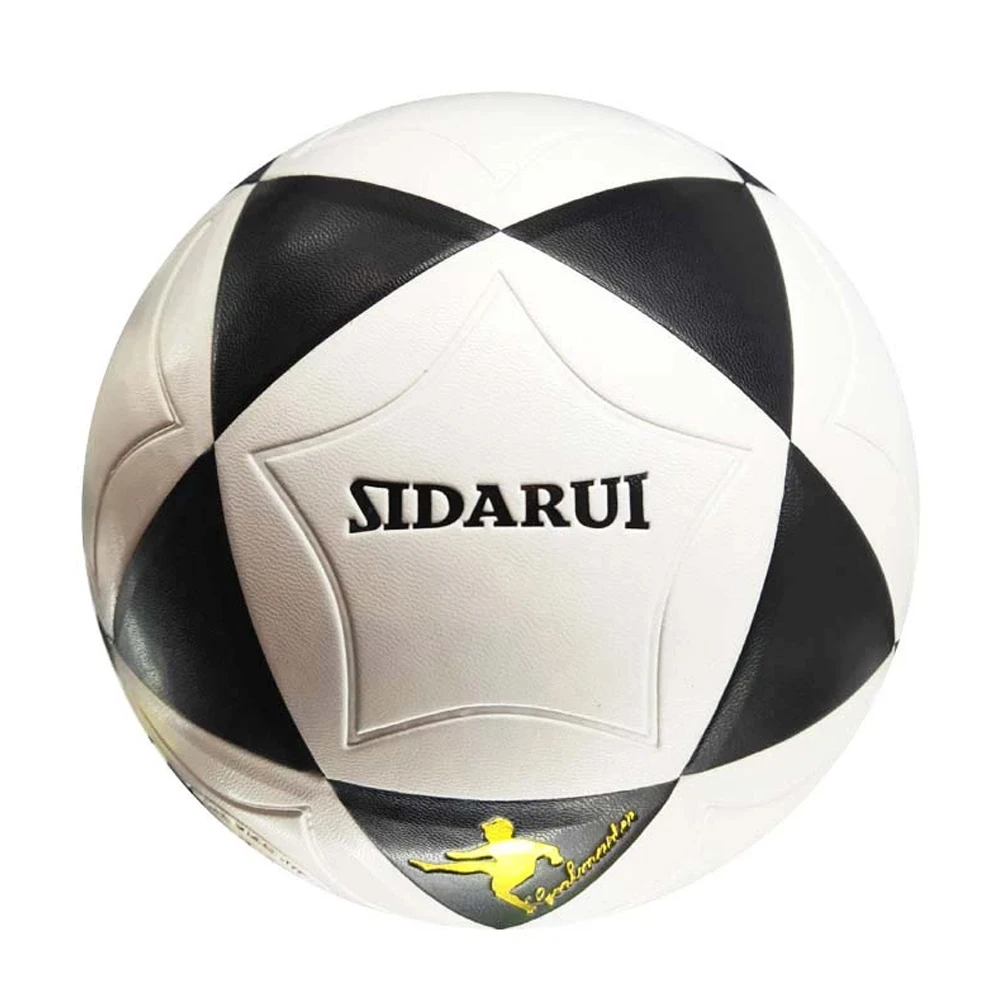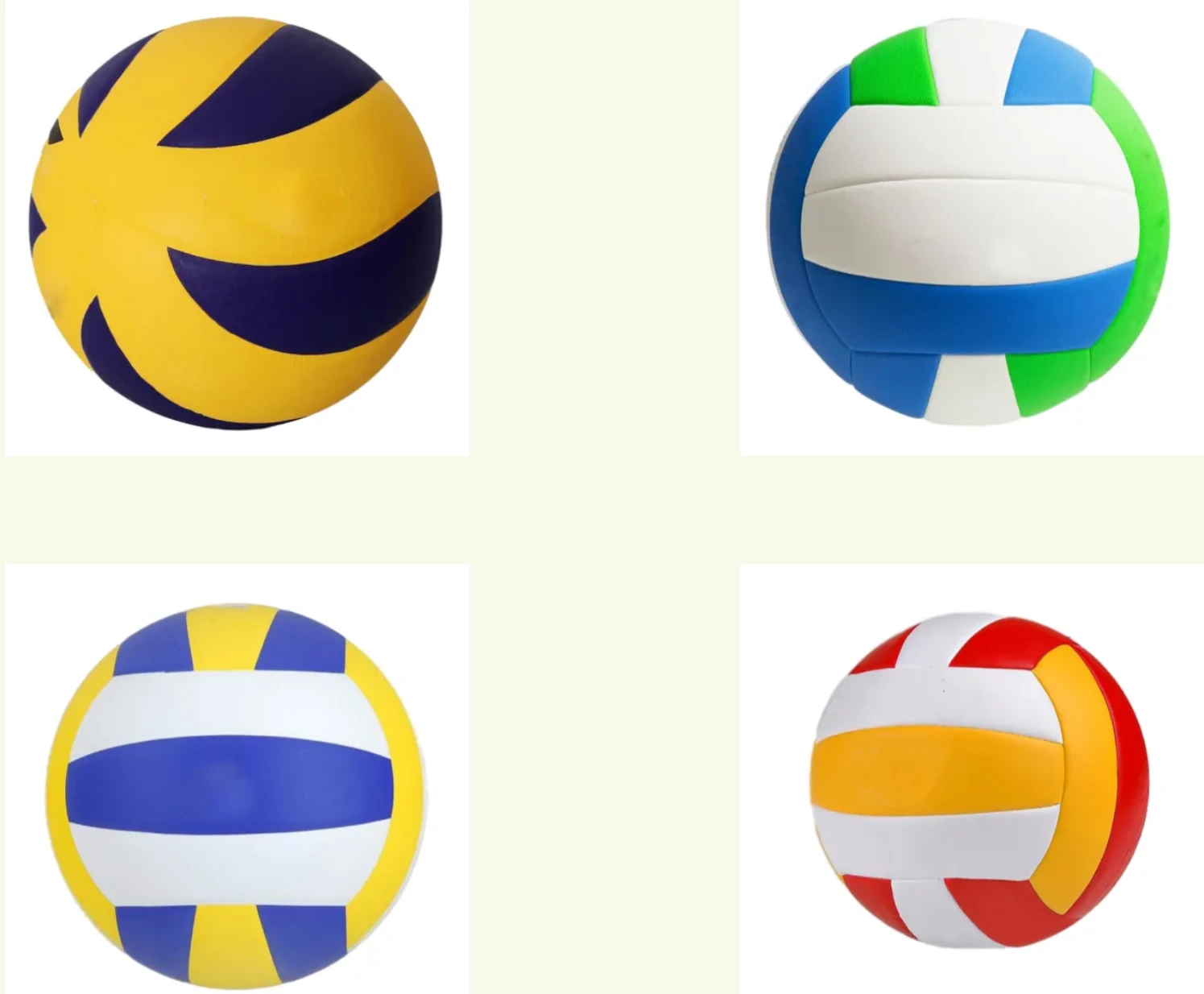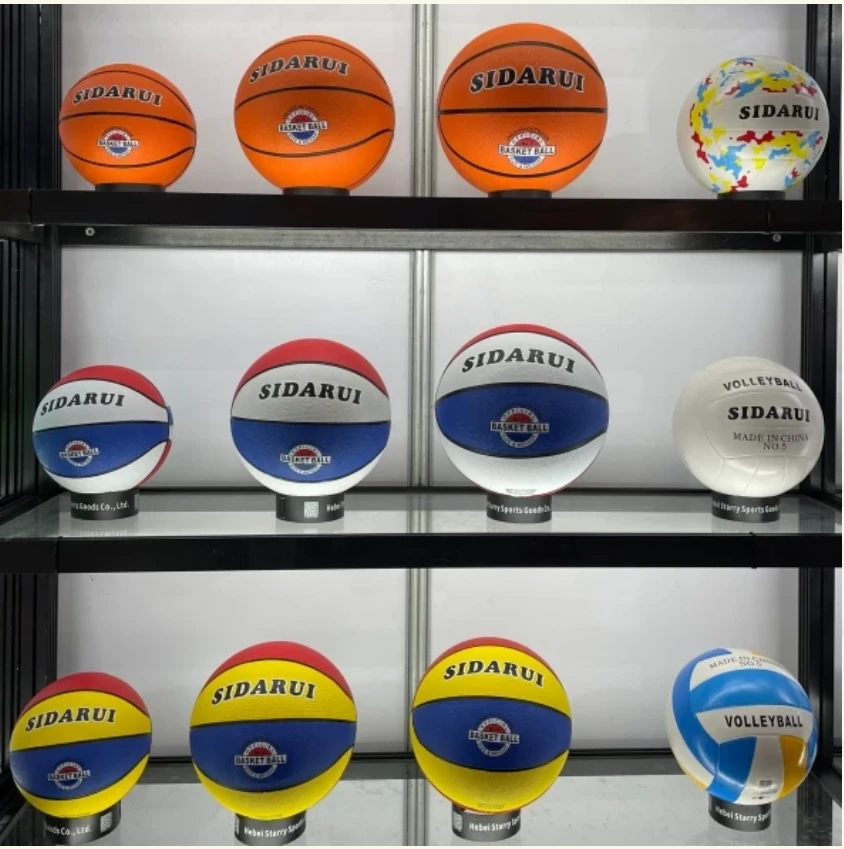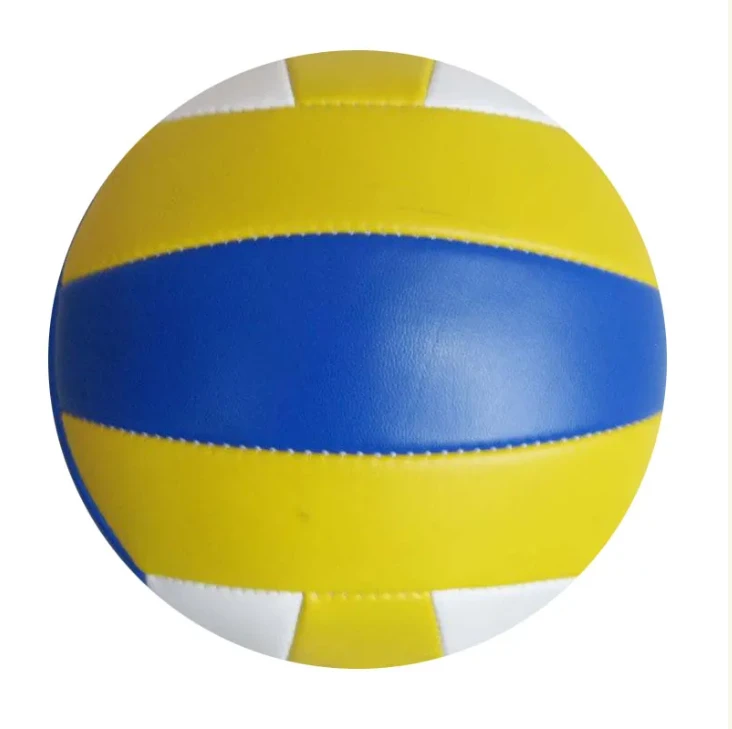Mini football, or as it is known in some regions, futsal, has gained exponential popularity in recent years. The increasing number of enthusiasts participating in this sport has propelled the demand for the right equipment, particularly the mini football ball. Selecting the perfect mini football ball is crucial for enhancing gameplay experience, ensuring safety, and maximizing performance on the field.

Experience forms the cornerstone of making an informed choice when purchasing a mini football ball. Enthusiasts who have experimented with different brands and types often emphasize the significance of materials used. Balls crafted from synthetic leather are celebrated for their durability and resistance to wear and tear, promoting a longer lifespan even under rigorous play conditions. In contrast, PVC balls, though more affordable, may not offer the same level of longevity or touch on various surfaces. Players with substantial experience recommend opting for thermally bonded balls, as these provide consistent spherical shape, reduced water uptake, and superior touch, enhancing overall gameplay.
Possessing expertise in mini football further aids in understanding the subtle differences among available options. Mini football balls are smaller and heavier relative to traditional footballs, designed specifically to improve foot control and precision in tight spaces—a crucial aspect of futsal. The ball’s size is typically a size 1 to 3, depending on the age group and skill level, enabling players to hone their skills with improved precision. Additionally, the weight of the ball plays a significant role in the pace of the game. Heavier balls tend to reduce aerial play, encouraging players to focus on footwork and passes, rather than reliance on ball speed and power during kicks. Therefore, understanding the specifications that cater to each player’s need is imperative for optimal selection.
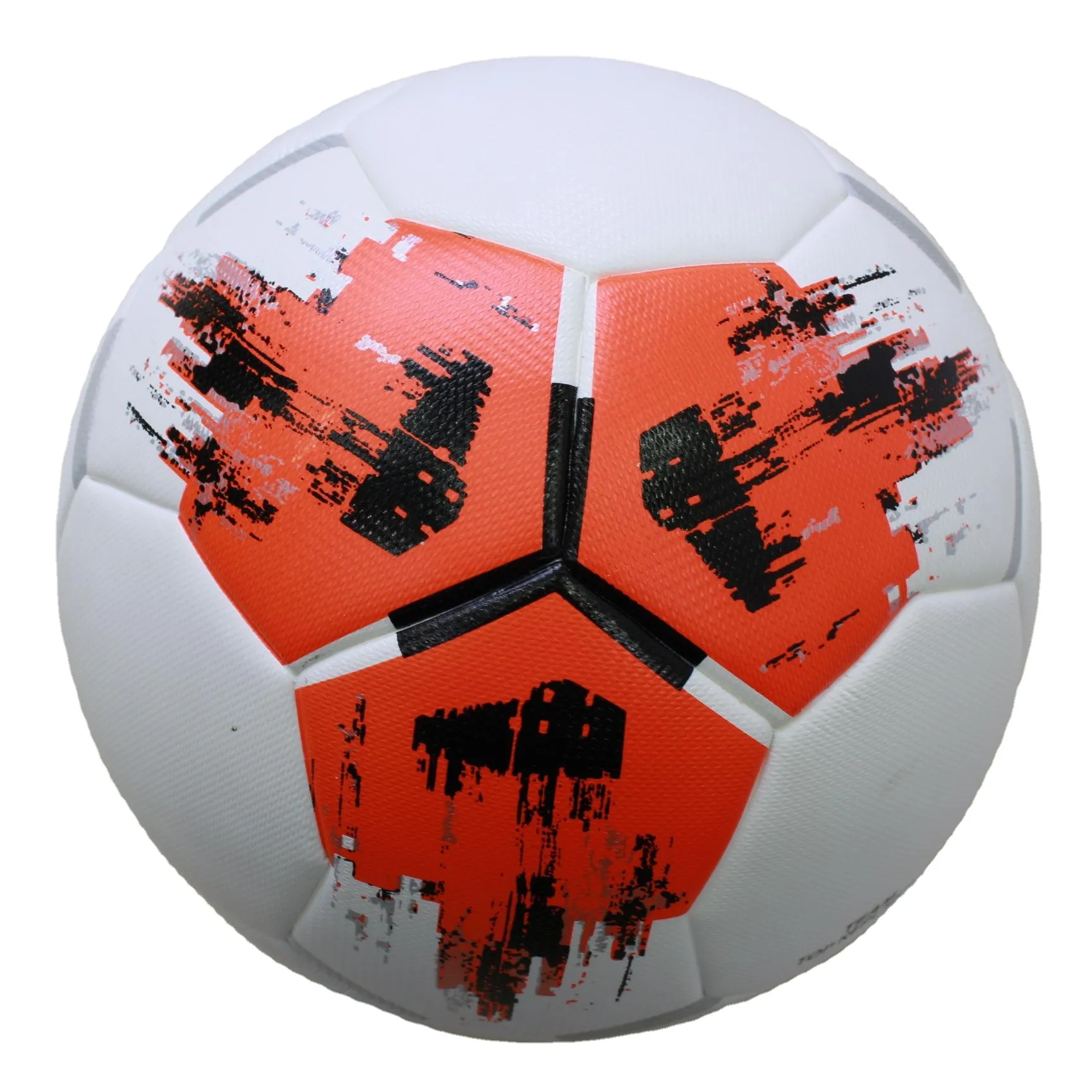
mini football ball
Authority in the mini football industry cannot be overlooked. Established brands such as Adidas, Nike, and Puma have dominated the market by consistently providing high-quality products that meet international standards. These brands often engage with professional futsal players during the product development phases, ensuring that every new release offers improved features and aligns with the evolving demands of the sport. Investing in balls from authoritative brands not only guarantees adherence to quality standards but also offers consumers confidence, knowing they are purchasing a product with a legacy of excellence. Moreover, these brands often provide long-term warranties, safeguarding consumers against manufacturing defects.
Trustworthiness extends beyond the product to the source from where it is acquired. Reputable retailers, whether online or brick-and-mortar, play a pivotal role in ensuring customers receive genuine products. Many consumers have voiced concerns over counterfeits, which while appealing due to lower prices, often compromise on quality and safety. Purchasing from verified sellers provides assurance of authenticity and often includes additional after-sale services like coaching clinics or maintenance tips, which can be beneficial in maximizing the utility of the mini football ball.
In conclusion, choosing the right mini football ball involves a nuanced understanding of various factors, including material quality, brand reputation, and source reliability. Ensuring that these elements are thoroughly examined helps patrons make educated decisions, optimizing their play experience in the dynamic and rapidly growing realm of mini football. By leveraging experience, expertise, authority, and trustworthiness, consumers can confidently invest in equipment that enhances both their skillset and enjoyment of the sport.






